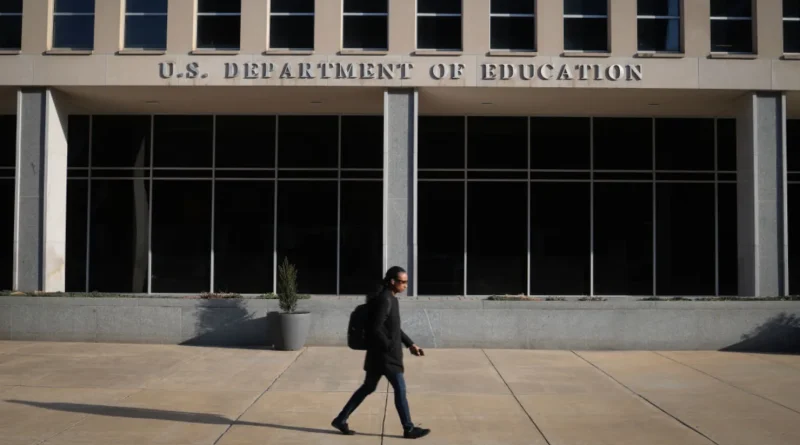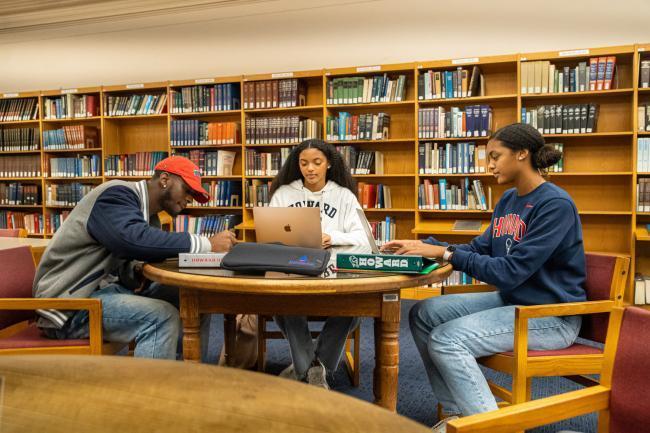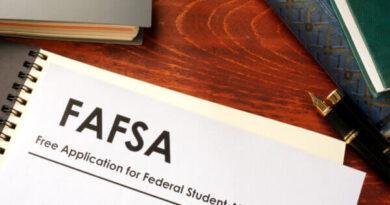Millions Affected as Student Loans Debt Collections Resumes
The U.S. Department of Education has announced it will resume involuntary collections on defaulted federal student loans debt collection starting May 5, 2025. This marks the first time since March 2020 — when collections were paused due to the COVID-19 pandemic — that the federal government will actively pursue repayment from borrowers in default.
The decision affects more than 5 million student loan borrowers currently in default, with another 4 million in late-stage delinquency, or more than 90 days behind on payments, according to Department of Education data. Collectively, over 43 million Americans owe $1.6 trillion in federal student loan debt, making this resumption a significant financial and political move.
Why the Student loans debt Collection is Resuming Now
Federal officials cited the ballooning student loan portfolio and growing number of delinquent borrowers as key reasons for the change. A senior Department of Education official explained Monday that only 40% of borrowers are up to date on their loan repayments, while the remaining 60% are behind, placing immense pressure on the federal budget.
“The result has been that the federal government student loan portfolio has continued to grow, and we’ve got a record number of borrowers that are at risk of or in delinquency and default,” the official said.
The Biden administration had extended multiple protections for borrowers, including a yearlong “on-ramp” period following the pandemic-era pause, shielding borrowers from the harshest penalties for missed payments. However, that period expired in September 2023, and officials now argue that continuing the pause is no longer financially sustainable.
What “Involuntary Collections” Mean for Borrowers
Under the reinstated policy, the government will utilize the Treasury Offset Program, which allows federal agencies to withhold tax refunds, Social Security benefits, and federal salaries to repay past-due debts. Borrowers may also face administrative wage garnishment if they fail to respond to notices or enroll in repayment options.
“American taxpayers will no longer be forced to serve as collateral for irresponsible student loan policies,” said U.S. Secretary of Education Linda McMahon. “The Biden administration misled borrowers: the executive branch does not have the constitutional authority to wipe debt away, nor do loan balances simply disappear.”
Options for Borrowers to Avoid Collections
The Office of Federal Student Aid (FSA) will notify all defaulted borrowers via email over the next two weeks. Affected individuals are encouraged to contact the Default Resolution Group to:
- Set up an affordable monthly payment plan
- Enroll in an income-driven repayment (IDR) plan
- Enter the loan rehabilitation program, which can help remove loans from default status after a series of on-time payments
Financial aid experts stress the importance of borrower education, especially for those who graduated during the pandemic and may not be familiar with repayment processes.
“Borrowers who graduated during the pandemic may have no experience with loan repayment, so it is important to educate them about the process, including their rights and responsibilities,” said Mark Kantrowitz, a leading higher education expert. “Payment is due even if you are dissatisfied with the quality of the education you received.”
Legislative Moves to Ease Student Loans debt Repayment Burden
Meanwhile, bipartisan efforts in Congress aim to ease the financial pressure on borrowers. The Employer Participation in Repayment Act, introduced by Senators John Thune (R-SD) and Mark Warner (D-VA), seeks to make permanent a provision allowing employers to contribute up to $5,250 annually toward employees’ student loans tax-free — a policy currently set to expire in 2026. A corresponding bill has also been introduced in the House by Reps. Nicole Malliotakis (R-NY) and Scott Peters (D-CA).
This move by the Department of Education signals a new chapter in federal student loan management, one that emphasizes fiscal responsibility, borrower accountability, and taxpayer protection. As the government resumes student loan collections, millions of Americans will be forced to navigate repayment options, budget constraints, and a system they may not fully understand.
Borrowers are urged to act quickly, explore all available repayment and forgiveness options, and avoid the consequences of involuntary collection efforts.



